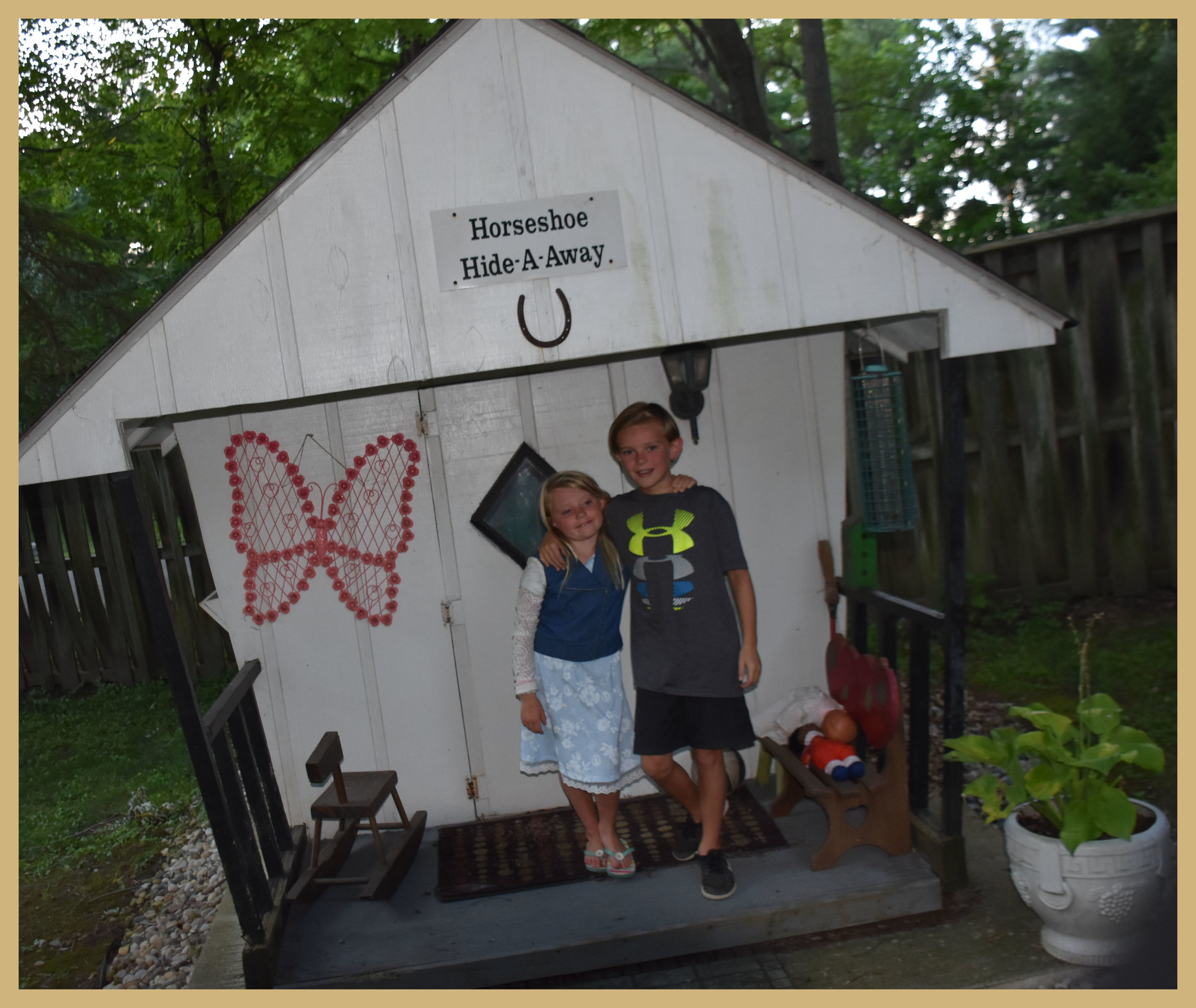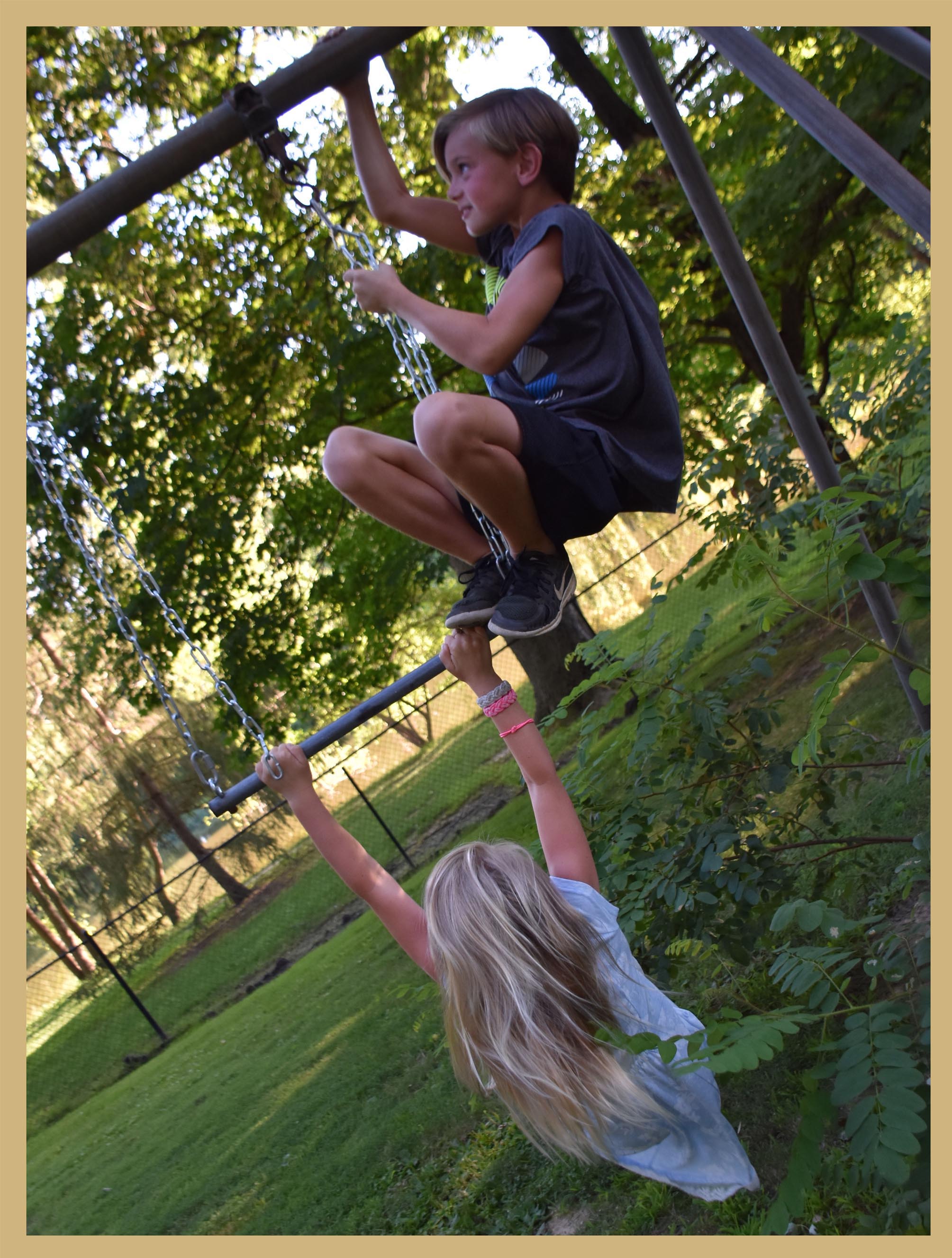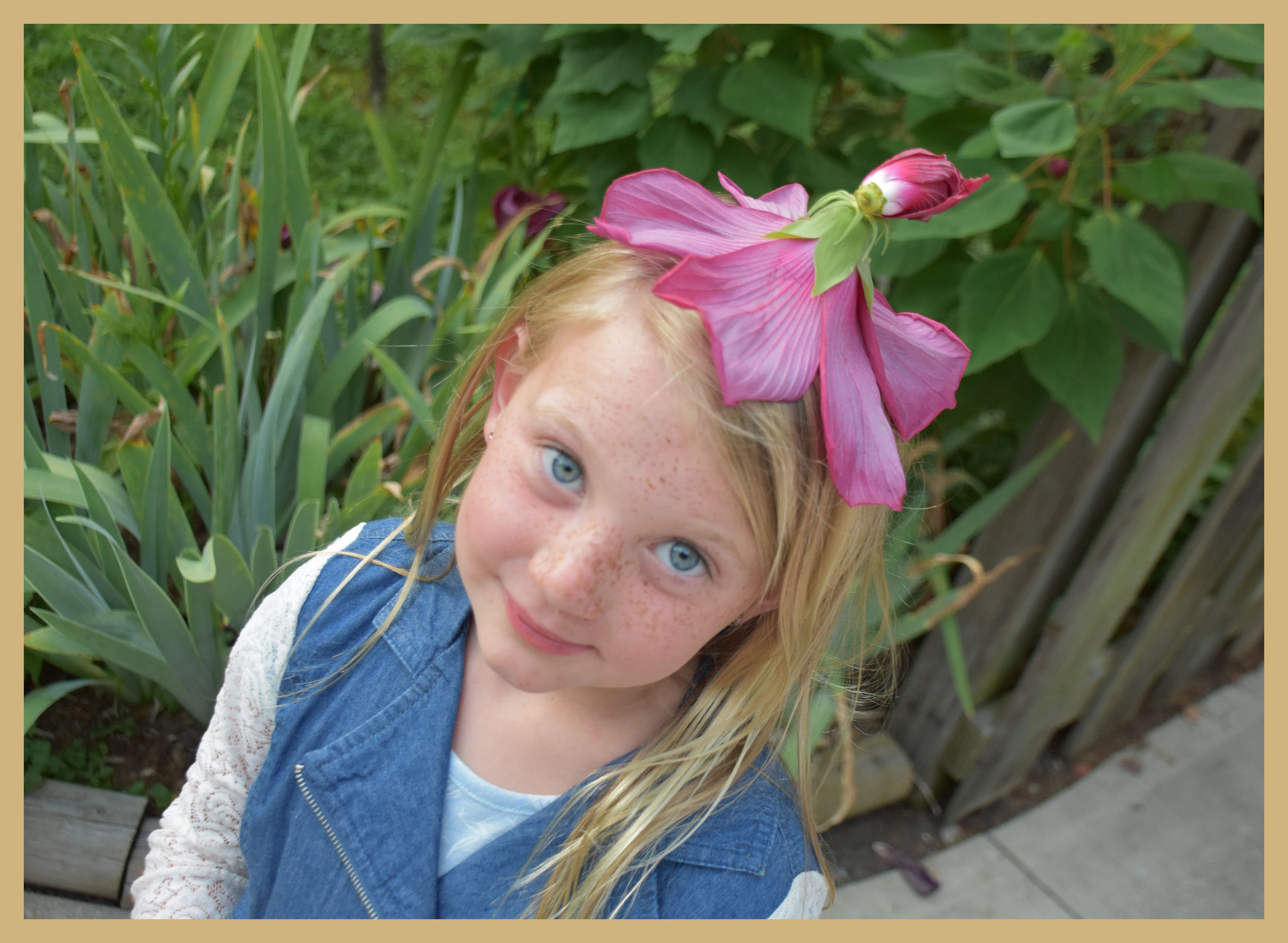Bill’s Grandpa Grover used to say, “There are basically two kinds of people in this world—givers and takers—so decide which one you want to be.” The longer we live, the more convinced we are that he was right. There are big-hearted, generous people, and there are clutching, stingy people.
We have also observed that the attitude with which a person approaches life doesn’t seem to have much to do with how much one has. We’ve seen unselfish, generous poor people, and we’ve seen tight-fisted, grasping rich people. We’ve seen extravagantly liberal givers who had means, and we’ve seen miserly, greedy poor people who hated everyone who had anything. It all depends on how we choose to spend the days allotted to us.
Bill’s grandparents, Addie and Burl Hartwell, lived for the joy of giving. Though they never had much of this world’s goods, it was impossible to get out their door when we went to visit without them thrusting into our hands a head of cabbage, a loaf of freshly baked bread, or a “mess of corn” from the garden for supper. We wanted to be that kind of givers; we hope that we have taught our children to be givers too.
Maybe one thing the pandemic has taught us all is that we really do need each other. We have become a little more aware of a neighbor who can’t get out to get groceries, or someone who is stressed by job loss or home schooling or worry about someone they can’t visit.
What could happen if the joy in giving away what we have should be as contagious as Covid-19? Could a new attitude take over the world? Jesus taught that it could. He said that sharing our bounty could perfect us. He said that giving our food to the hungry, something to drink to the thirsty, our hospitality to the overlooked or lonely, our clothing to the destitute, and our care to the sick would make us heirs to God’s Kingdom. And physical food, water, housing, clothing, and care are just the tip of the iceberg! What if we were to truly offer food for the soul, water for the shriveled spirit, the shelter of a place to belong, and the covering of encouragement for the raw and exposed heart?
The best anti-depressant to be found is this prescription from the old-timers—and from the Master of Life:
If you want more happy than your heart can hold,
If you wanna stand taller, if the truth were told,
Take whatever you have and give it away!
If you want less lonely and a lot more fun,
And deep satisfaction when the day is done,
Throw your heart wide open and give it away!












